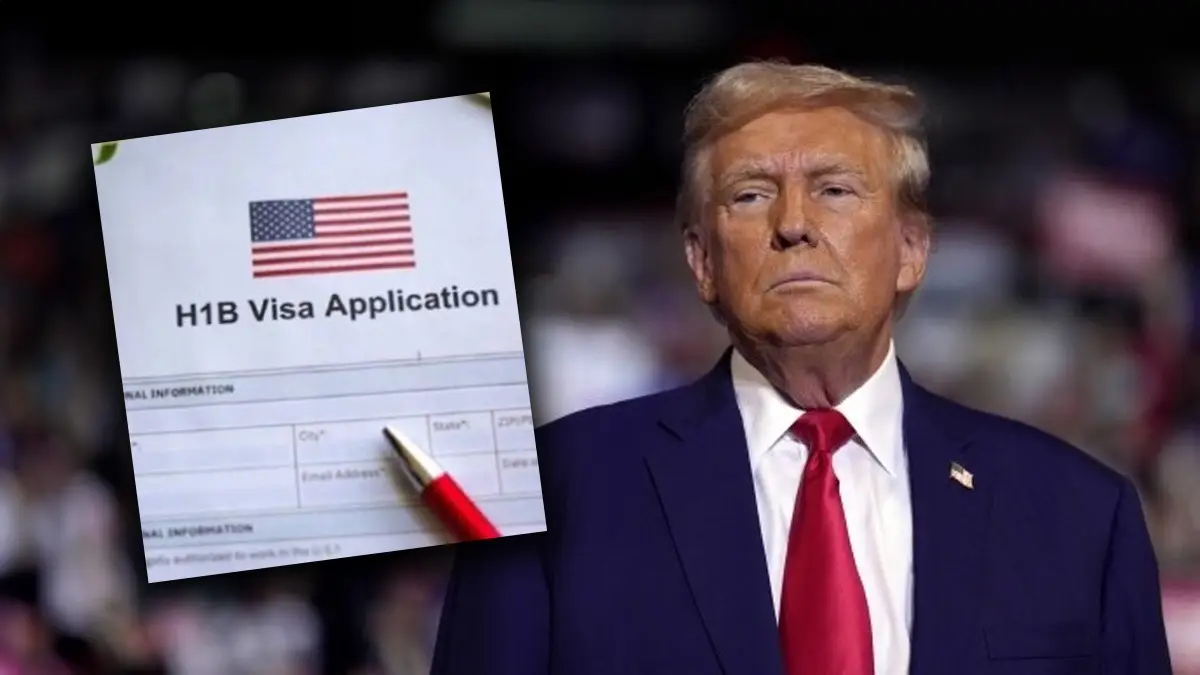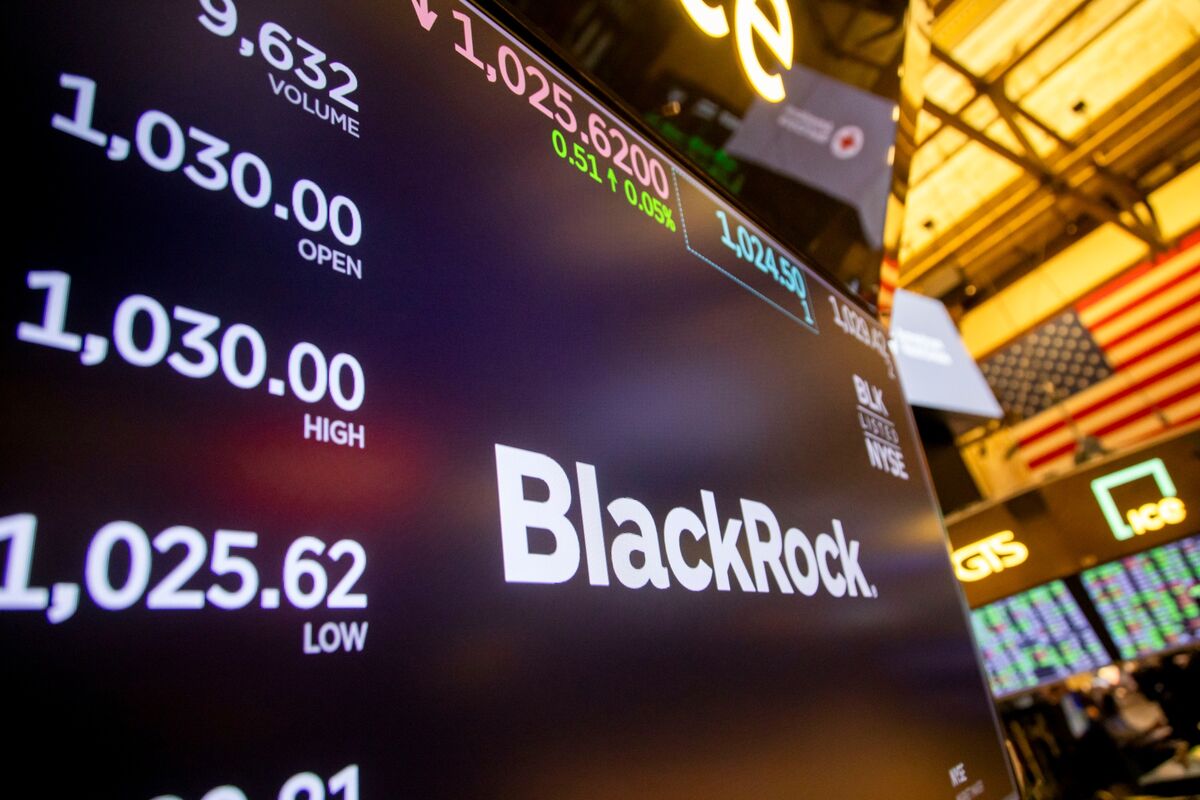New H-1B Visa Fee Hike: Donald Trump’s Policy — A Blow To Indian IT Or A Push Offshore? Morgan Stanley Decodes
By Anubhav Maurya
Copyright republicworld

The recent US decision to sharply raise H-1B visa fees may look negative at first glance, but its near-term impact on Indian IT firms is expected to be limited, according to a research report by Morgan Stanley.The bigger challenge, analysts say, will emerge in the medium term as higher costs and greater localisation pressures reshape business models.US President Donald Trump has signed a proclamation making it mandatory to pay USD 100,000 for every new H-1B petition. The rule came into effect on September 21 and will be valid for 12 months, unless extended.Importantly, the regulation applies prospectively, meaning existing visa holders and approved petitions are not affected.Indian IT companies account for nearly 70% of all H-1B visas issued annually, making them the most exposed to the policy. While the immediate impact is muted since current projects and staffing will continue uninterrupted, costs could rise significantly as new applications and renewals come up over the next 3–6 years.Morgan Stanley estimates that the gross impact on earnings before interest and tax (EBIT) margins could range between 10 and 120 basis points, translating to a 0.5% to 8.5% drag on EBIT.However, with measures like increased offshoring and pricing renegotiations, the net impact is expected to be more contained at around 50 basis points, or roughly 3–4% of EBIT.The report highlights that the impact will not be uniform across the sector. Companies engaged in engineering research and development (ER&D) will be the least affected, while mid-cap players such as LTIMindtree and Mphasis may face more pressure due to higher dependence on on-site staff.Large-cap firms like Tata Consultancy Services (TCS), Infosys, Wipro, and HCL Technologies are better positioned thanks to their scale, diversified operations, and stronger offshore delivery capabilities.Over the past decade, Indian IT companies have already reduced their dependence on visas by localising more talent in the US and nearshoring operations to Canada and Latin America. This shift accelerated during the COVID-19 pandemic, increasing the offshore mix in project delivery.Analysts also believe that higher costs could eventually be passed on to clients, since the fee hike is industry-wide. Every additional role moved offshore will also help neutralise the burden.While the H-1B fee hike creates uncertainty, Morgan Stanley noted that it could ultimately accelerate long-term shifts in business models. Companies agile in adopting offshore and localisation strategies will likely emerge stronger from this change.India remains the largest beneficiary of H-1B visas, accounting for 71% of approvals last year, compared to just 11.7% for China.(With inputs from ANI)



